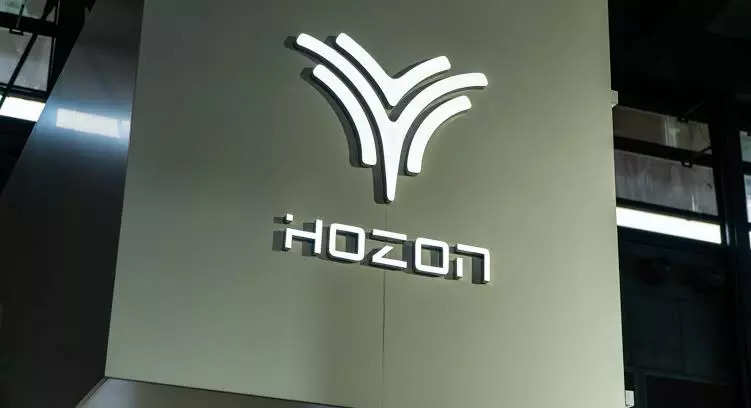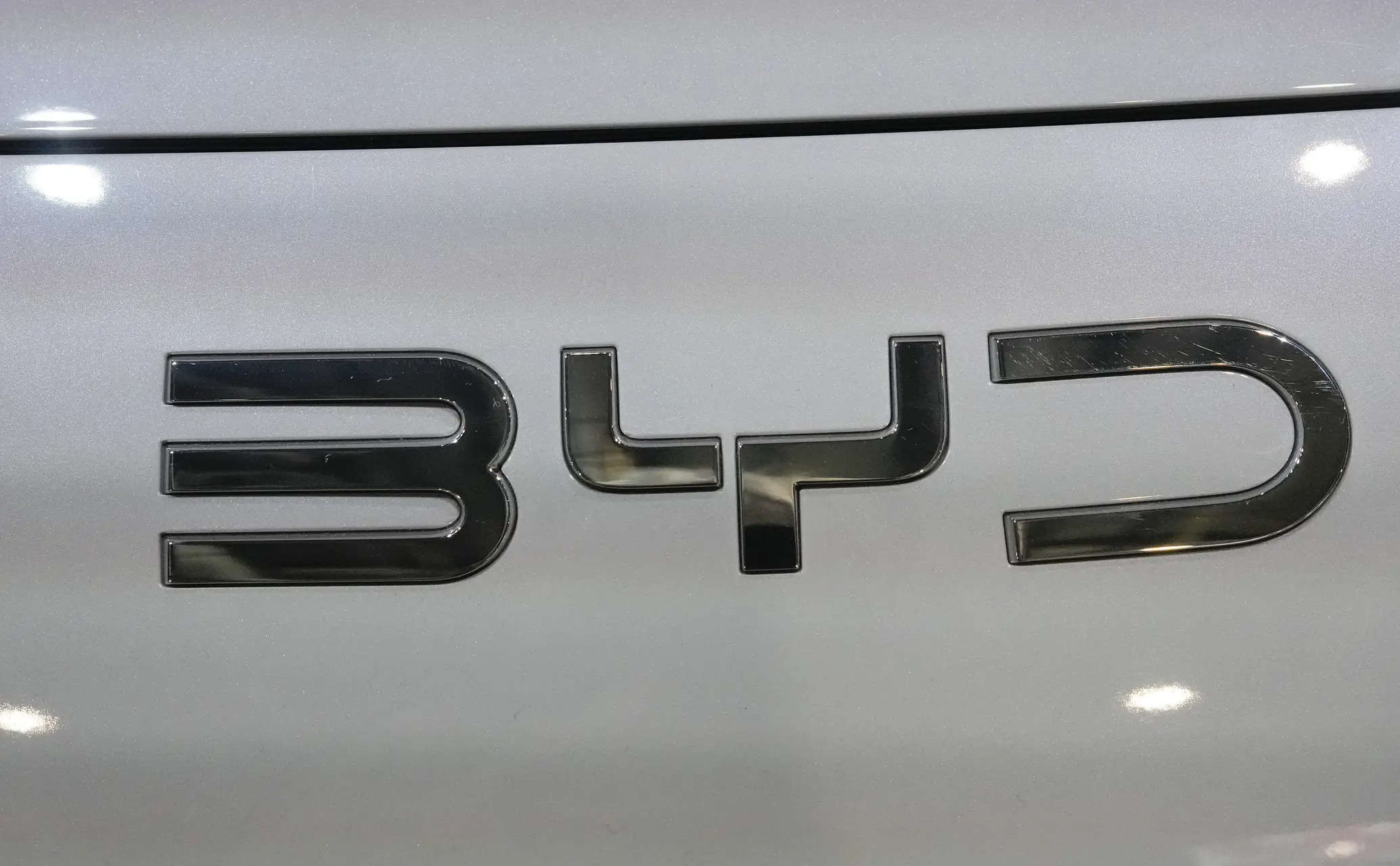 These developments underscore the challenges facing the EV workforce amid market fluctuations and intensifying competition.
These developments underscore the challenges facing the EV workforce amid market fluctuations and intensifying competition.Chinese electric vehicle (EV) giant Hozon Auto is set to terminate 400 jobs in Thailand, highlighting growing concerns about workforce stability in the EV sector. The layoffs are part of a broader restructuring plan spurred by the company’s liquidity crisis and declining sales, according to insider sources.
Hozon Auto, headquartered in Shanghai and operating under the Neta brand, has reportedly suspended production at its Zhejiang factory. The company’s Thai subsidiary, Neta Auto (Thailand)utilises the Bangchan General Assembly plant in Bangkok’s Min Buri district to manufacture Neta EVs. However, the restructuring will impact both Neta Auto (Thailand) and Bangchan General Assembly employees.
The job cuts come amid a sharp sales slump, with Neta Auto (Thailand) reporting a 45.8% year-on-year drop in sales over the first 11 months of 2023, delivering just 6,534 units of its Neta V, Neta VII, and Neta X models. Financial data paints a bleak picture: a net loss of 1.8 billion baht in 2023 compared to a profit of 80.77 million baht the previous year. Since its 2019 inception, the company has generated 7.78 billion baht in revenue but accumulated losses of 1.72 billion baht.
These developments underscore the challenges facing the EV workforce amid market fluctuations and intensifying competition. The layoffs in Thailand signal a potential ripple effect across the industry, urging EV professionals to focus on adaptability and skills diversification as companies grapple with financial headwinds. For employees, the news is a stark reminder of the volatility in emerging industries.
















.jpg&c=0&w=700)









































